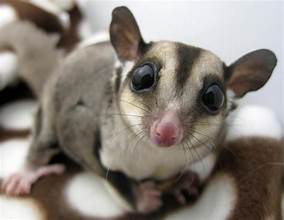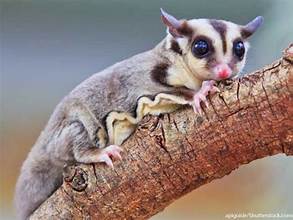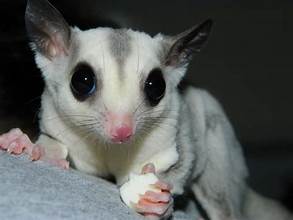Sugar gliders, these adorable nocturnal marsupials, make charming companions. However, like any pet, they require specific care to maintain their health and well-being. Understanding common health issues and preventive measures can ensure your sugar glider’s long and happy life.
Common Health Issues
- Dental Problems:
Sugar gliders have delicate teeth that can quickly develop cavities or abscesses, especially if their diet is high in sugary treats. Signs of dental issues include difficulty eating, drooling, or a change in behavior. Dental check-ups and a balanced diet are very important.
- Obesity:
Overfeeding or providing an unhealthy diet can lead to obesity, which can cause a varity health problems, including diabetes and heart disease. A balanced diet, with the right proportions of fruits, vegetables, nuts, and protein sources, is crucial in preventing obesity. Monitor your glider’s weight and adjust their diet accordingly.
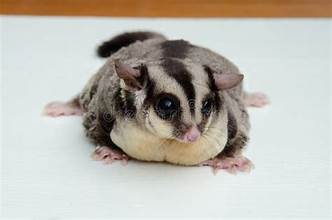
- Respiratory Infections:
Sugar gliders are susceptible to respiratory infections, especially if left in an area with cold drafts or sudden temperature changes. Provide a warm, draft-free environment and avoid exposing them to sick animals.
- Hypoglycemia:
Low blood sugar can be a severe problem for sugar gliders. Ensure they have constant access to a balanced diet and avoid skipping meals.
- Skin Issues:
Sugar gliders can be affected by skin problems like mites, fungal infections, or allergies. Grooming and a clean habbitat can help prevent these issues.
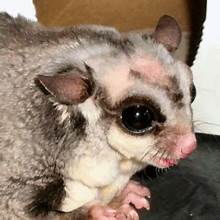
- Dental Problems:
Sugar gliders have delicate teeth that can quickly develop cavities or abscesses, especially if their diet is high in sugary treats. Dental check-ups and a balanced diet are essential.
Preventive Measures
- Balanced Diet:
One of the most powerful tools in preventing health issues in sugar gliders is a high-quality, balanced diet. By providing a variety of fruits, vegetables, nuts, and protein sources, and avoiding excessive sugar intake, taking proactive steps to ensure your glider’s health and well-being.
As a responsible sugar glider owner, scheduling regular veterinary appointments is crucial. These check-ups monitor your glider’s health and help you address potential issues early on, showing your care and dedication to their well-being.
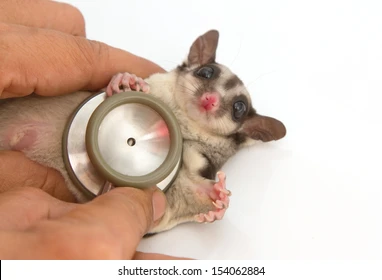
- Clean Environment:
Keep their cage clean and free from debris to stop the spread of parasites and bacteria.
- Adequate Socialization:
Sugar gliders are social animals and require companionship. Please provide them with a glider friend or spend quality time with them daily.
- Safe Housing:
Ensure their cage is secure and free from hazards that could cause injuries.

- Avoid Stress:
Minimize stress by providing a calm and consistent environment.
Understanding common health issues and taking preventive measures is just the first step. If you see any signs of illness, such as lethargy, weight loss, or changes in behavior, don’t hesitate to consult a veterinarian. This prompt action can reassure and support you and your sugar glider.

